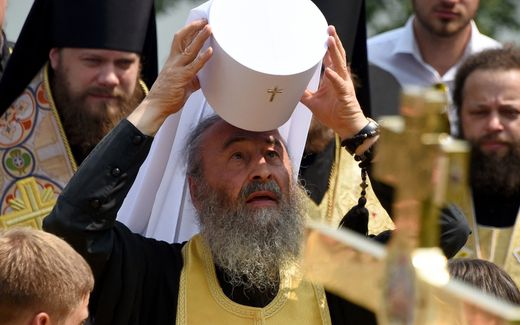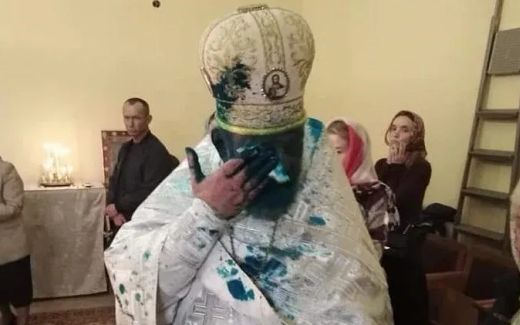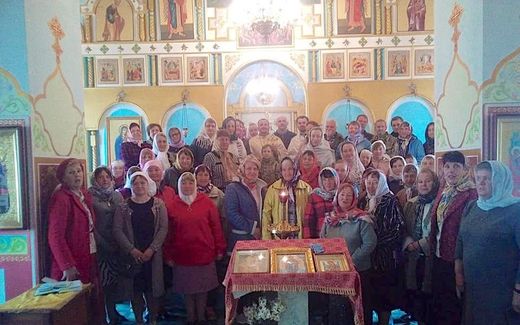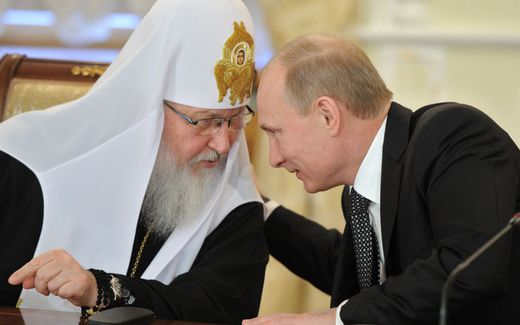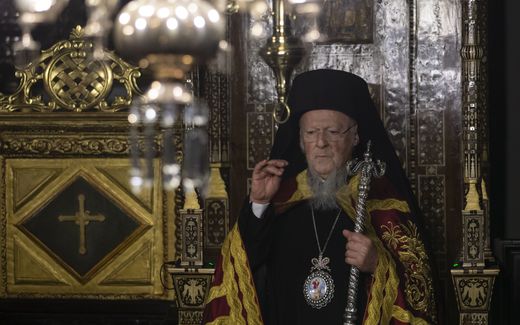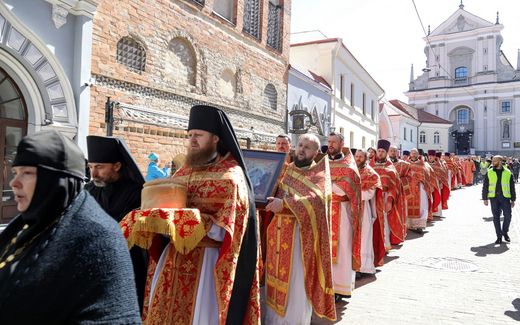What did the Ukrainian church decide about her independence from Moscow?
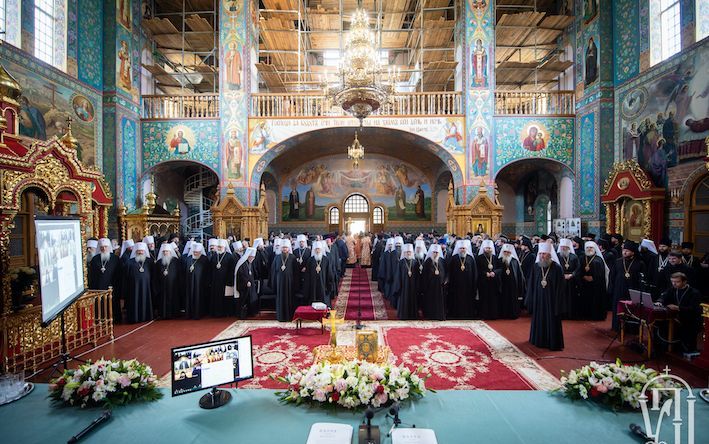
The Council of the Ukrainian Orthodox Church. Photo News.church.ua
Eastern Europe
The Ukrainian Orthodox Church (UOC) declared itself independent from the Moscow Patriarchate. That was the headline on Friday evening, also on CNE.news. Soon after that, questions rose: what does this mean? To be honest, nobody knows.
What did the UOC decide?
The Council of the church declared "full independence and autonomy". Apart from that, the UOC distanced itself from Patriarch Kirill in connection with "the war" of Russia against Ukraine.
The UOC wants a "dialogue" with the Orthodox Church of Ukraine (OCU), which is the new Ukrainian church recognised by the Constantinople Patriarchate in 2019. Officially, the UOC does not see the UCO as a true church (with the apostolic succession of the priests) but as a schismatic movement. That implies that it won't be easy to merge these two churches.
Why did the church decide this?
First, the UOC cannot stand that Patriarch Kirill blesses the Russian weapons. The war is a "violation of God's commandment, Thou shalt not kill", says the declaration. The UOC is patriotic Ukrainian.

The UOC tries to save what can be saved by detaching itself from Moscow. In political circles in Ukraine, the tendency is one of "delegitimisation" the Ukrainian Orthodox Church.
In the parliament in Kyiv, there is still a free member's bill to forbid all the activities of the Ukrainian Orthodox Church. Since it is clear that the parliament will not debate this proposal, some cities are banning the churches connected to Moscow. Although these decisions are not legal, they set the tone for the whole country. On Sunday mornings, conflicting groups occupy churches, ready for a fight, like last Sunday.
The church issue is a very painful part of the conflict between Russia and Ukraine. For Russia, an autocephalous Ukrainian church would be seen as God's final blessing over Ukraine's independence.
At this moment, the UOC stays under suspicion of being Russian spies or traitors. It is clear that this is not true, since the leading Metropolitan Onufry has condemned the war and the church has been active in supporting the Ukrainian army. So the church has to swim against the tide.
Is the UOC disconnected from the Russian church now?
The clear answer is: No. The church decided to remove all the references to the Russian Orthodox Church (ROC) from the statutes, as the BBC in Ukraine reported. But the problem is that the statutes of the ROC still mention the same thing.
For instance: the UOC statutes said (or probably still say, if they have not officially been changed now) that the Metropolitan of Kyiv is a member of the ROC Synod. That sentence will be removed, but the ROC statutes still mention that. The same is true that the UOC is a "self-governing part of the Russian Orthodox Church". And the arrangement that the clergy of the Ukrainian church only go to international meetings as part of the Russian delegations.
The most crucial ruling is the Ukrainian church has to consult the Patriarchate in Moscow by appointing bishops. Sooner or later, Moscow will stand up for this right. And finally, the ROC pretends to have a say in any changes the UOC makes in the statutes. In other words, the Ukrainian declaration must be answered by the other partner.
The Orthodox understanding of being a church is the opposite of the free church experience in Protestantism. Sometimes, a Protestant group "declares" itself to be a church now, including baptism and communion. In the Orthodox view, recognition of being a church is not something you declare, but what you receive from other churches. So, other Patriarchates, including the ones in Moscow and Constantinople, have to recognise the Ukrainian church.
But if the UOC is not disconnected from Moscow, what did it decide last Friday?
Good question. The Russian Metropolitan Hilarion (the second man in the ROC) rightly said that the UOC only repeated the statement from 1990, namely that the Ukrainian church is independent and autonomous. So, nothing happened, really.

But the opposite is true as well: never has a church said farewell to the Patriarch so clearly as in this statement.
The desire to be fully, fully, fully independent (in church terms: autocephalous) can be read in just one sentence that non-Orthodox readers will easily overlook. The Council writes "considering renewing Chrism-making" in Ukraine. Chrism (also called myrrh) is the holy anointing oil used in liturgy and rituals. Only fully independent ("autocephalous") churches have the right to prepare the oil or to delegate this right. Again, this can only happen if the Russian church cooperates.
This oil was made in Ukraine until the First World War, and the installations are still there. Patriarch Kirill could be convinced to mandate this to Ukraine by saying that the oil supply is difficult during the so-called special military operation. But clearly, by mentioning that the church is "considering" this, it is possible to read the autocephalous ambition of the UOC in this.
Would it be possible for the Ukrainian church to seek contact with another Patriarchate?
In theory, yes. But that would not be easy. In Ukraine, there is another church at the moment: the Orthodox Church of Ukraine (OCU, sorry for the abbreviations that look like each other). This church has been connected with the Patriarchate of Constantinople since 2019. But the UOC sees this church as a "schismatic" body. After Constantinople gave autocephaly to the OCU, the UOC stopped all contact with Constantinople because of this.
The Ukrainian (and the Russian) church blames Constantinople for planting a second church in Ukraine, which is impossible within the Orthodox vision. Since then, the church issue has become more sensitive between Russia and Ukraine.
This all sounds formal and very difficult. What change did this declaration make for the ordinary church-goer?
The usual worshiper is an excellent listener. He or she might have noticed that the Ukrainian Metropolitan Onufry did mention Patriarch Kirill, but not as he did before. Until last week, Onufry spoke about him as "our great lord and father". Last Sunday, he referred to Kirill as one of the many heads of the churches. That could be interpreted that he sees Kirill as an equal.

For the rest, everything remains the same. Even if the UOC becomes autocephalous, it would not have to have any liturgical consequences at all.
Related Articles


